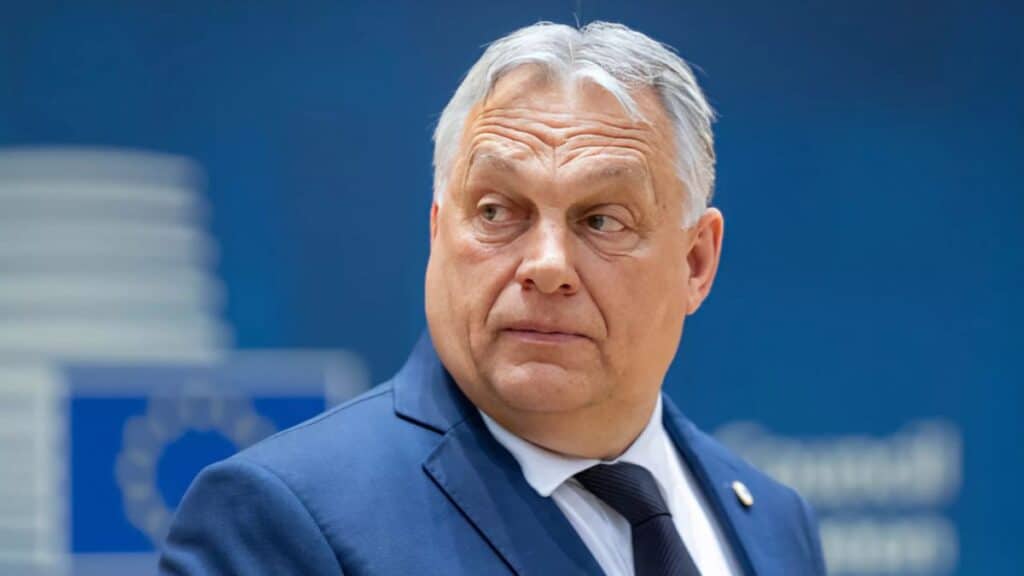Hungary has again used its veto power to obstruct a joint European Union (EU) statement condemning Russia’s recent decision to ban 81 European media outlets. This move has derailed the EU’s unified foreign policy stance. Therefore, it prompted a solo response from the EU’s foreign policy chief, Josep Borrell.
The media outlets targeted by Moscow include prominent names across Europe:
- Austria: ORF
- Germany: Der Spiegel
- Ireland: RTE
- Spain: El País, El Mundo
- Italy: RAI
- Portugal: Público
- France: Le Monde, AFP
- Finland: YLE
- Hungary: 444 news portal (independent)
These organizations have been banned from both broadcasting and online platforms within Russia.
Russia’s condition for lifting the ban
Russia has stated that they would lift restrictions if the EU reverses its recent sanctions on Russian media. Specifically, the Union accuses newspaper like RIA Novosti, Izvestia, and Rossiyskaya Gazeta of disseminating pro-war propaganda. The sanctions also affected the Dutch-based Voice of Europe, which has been implicated in the Russiagate scandal.
Brussels aimed to respond to Russia’s ban with a unified critical statement from all 27 member states, as unanimity is required in EU foreign policy. However, Hungary’s veto blocked this collective response, forcing Josep Borrell to issue a statement independently. Borrell condemned the “totally unfounded” ban and emphasized that it further restricts access to free and independent information in Russia, expanding its media censorship.
In his statement, Borrell clarified that the EU’s sanctions on Russian media outlets would remain in place. He asserted that these outlets, controlled by Russian authorities, are instrumental in supporting Russia’s war of aggression against Ukraine, and therefore do not represent free and independent media.
Hungary’s previous vetoes
This incident is part of a broader pattern of Hungary’s vetoes, which have been a consistent source of frustration among EU diplomats. Despite repeated requests, Hungary continues to block €6.6 billion in military support for Ukraine. Earlier this year, Hungarian Prime Minister Viktor Orbán broke ranks with other EU leaders by congratulating Vladimir Putin on his “re-election.” Other member states refused to acknowledge this move.
The timing of Hungary’s latest veto is particularly noteworthy as the country is set to take over the rotating presidency of the Council of the EU on July 1. This role will grant Hungary a significant position to influence the political agenda and moderate discussions between member states.
